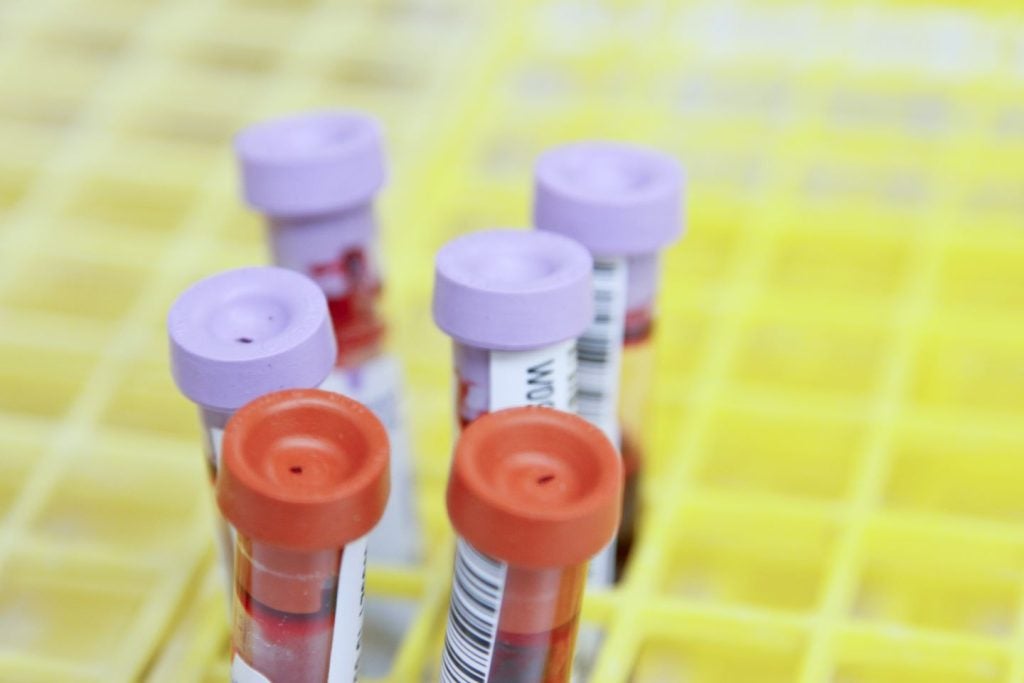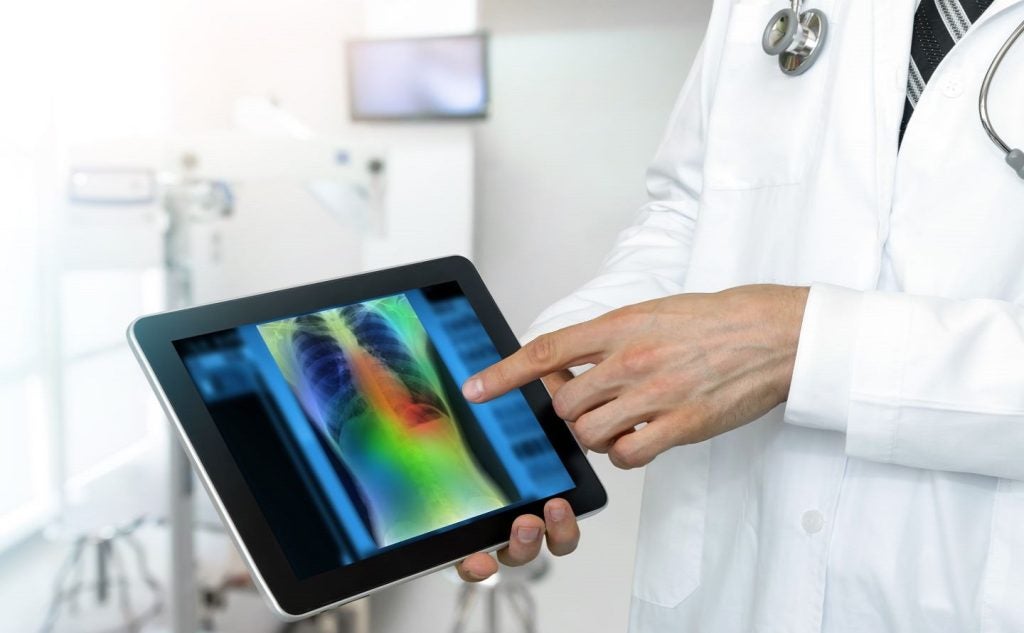Diagnostic test provider Nanostics has initiated a new blood test for prostate cancer screening in Alberta, Canada.
The ClarityDX Prostate test is available at the company’s clinical lab in Edmonton.
Developed to offer critical support to men aged between 40 and 45, the test will enable physicians to make informed decisions with greater accuracy.
It will help confirm the use of a biopsy after a high prostate-specific antigen test result.
Nanostics CEO Dr John Lewis said: “This test will reduce the number of unnecessary prostate biopsies, which are invasive, uncomfortable and carry some risk.”
Research demonstrated that the addition of ClarityDX Prostate to the patient care pathway could lower unnecessary prostate biopsies by up to 35%, thereby significantly reducing costs.
The Alberta Prostate Cancer Research Initiative, the University of Alberta and global research institutions have supported the company in developing and validating this test.
ClarityDX is the company’s core technology that leverages machine learning algorithms to create a disease risk score. It can be used for a wide range of cancers and other diseases.
Alberta Cancer Foundation CEO Wendy Beauchesne said: “We are dedicated to creating more moments for Albertans facing cancer and it's a mission we share with Dr Lewis and the Nanostics team.
“Through the launch of ClarityDX Prostate, we are enhancing detection and treatment options. It's incredible to see what can happen when Albertans come together to support big ideas.”















